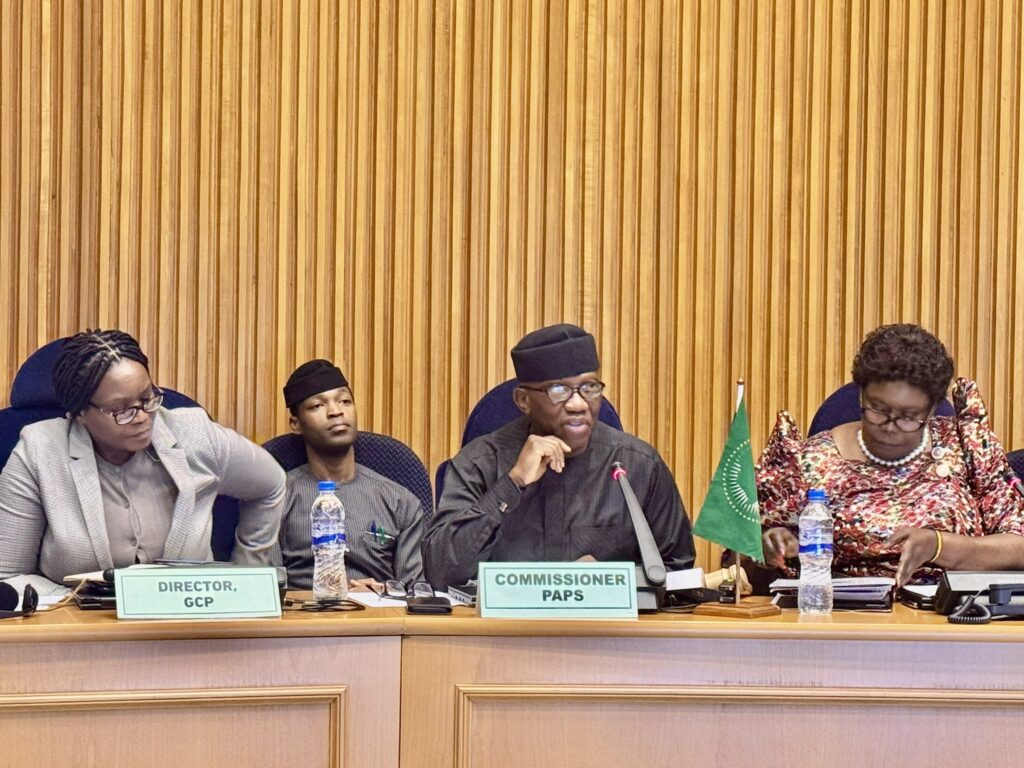The African Union Peace and Security Council (PSC) has strongly condemned the formation of a parallel government in Sudan by the Sudan Founding Alliance (Tasis), led by the paramilitary Rapid Support Forces (RSF). In a statement issued on Tuesday, the PSC warned that the July 26 announcement by Tasis poses a serious threat to Sudan’s unity, stability, and peace process.
The AU reiterated its recognition of the Transitional Sovereignty Council and the newly formed civilian transitional government as the only legitimate authorities in Sudan. It urged all member states and the international community to reject and withhold support from the RSF-backed administration.
“This act risks the fragmentation of Sudan,” the Council warned, emphasizing that it undermines ongoing peace efforts and jeopardizes the country’s future. The AU reaffirmed its commitment to Sudan’s sovereignty, unity, and territorial integrity and called on all parties to cease hostilities unconditionally and return to dialogue.
The RSF unveiled a 15-member parallel government in a press conference in Nyala, Darfur, naming its commander General Mohamed Hamdan Dagalo (Hemedti) as head of a presidential council. His deputy is the leader of the Sudan People’s Liberation Movement–North, while former peace negotiator Mohamed Hassan al-Taishi was appointed as prime minister. The group also named governors for regions under RSF control.
This development follows controversial meetings held in February in Nairobi, which the Sudanese government claims were facilitated by Kenya and laid the groundwork for the new RSF-led structure. Despite denials by Kenyan officials, Sudan has condemned the move as a violation of its sovereignty and a breach of AU and UN principles.
The AU further warned against external interference in Sudan’s internal conflict, citing it as a violation of AU resolutions and UN Security Council Resolution 1556 (2004). The PSC demanded that all state and non-state actors immediately halt military or financial support to the warring factions.
Calling for inclusive national dialogue, the Council stressed that any political arrangement must reflect the collective will of the Sudanese people, warning that no sustainable military solution exists for Sudan’s protracted conflict.

